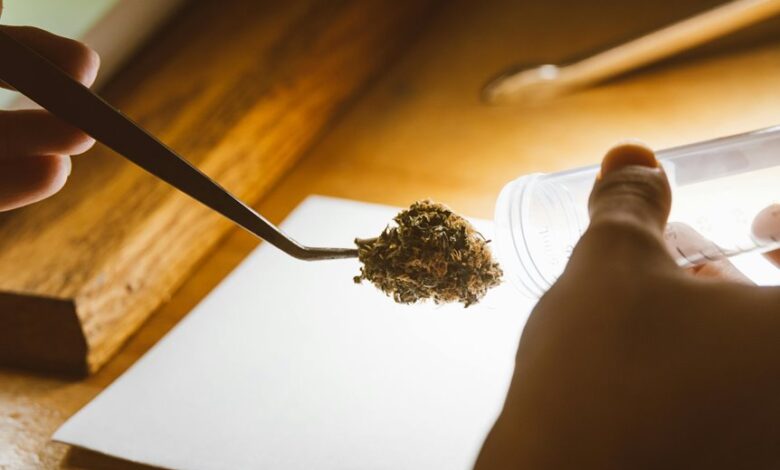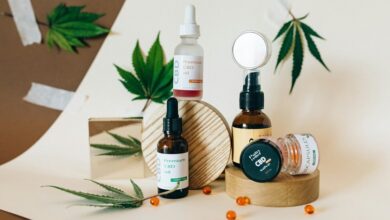Does Cbd Make You Fail a Drug Test

The relationship between CBD and drug testing is complex. While CBD itself is not known to trigger a positive result, the presence of THC in some products could be a concern. Full spectrum CBD may contain trace amounts of THC, which may accumulate in the system. This raises questions about the safety of using CBD, especially for individuals subject to drug testing. Understanding these nuances is essential for making informed choices about CBD products.
Understanding CBD and THC: The Basics
Cannabidiol (CBD) and tetrahydrocannabinol (THC) represent two of the most prominent cannabinoids found in the cannabis plant, each possessing distinct properties and effects.
CBD effects typically include therapeutic benefits such as anxiety relief and anti-inflammatory properties, while THC differences lie primarily in its psychoactive effects, inducing euphoria.
Understanding these distinctions is crucial for individuals seeking to make informed choices about cannabis use.
How Drug Tests Work
Drug tests are designed to detect specific substances in a person's system, with most commonly targeting THC and its metabolites due to their prevalence in recreational and medicinal cannabis use.
Various drug testing methods, such as urine, blood, and hair follicle tests, have different detection windows.
These windows vary based on factors like frequency of use, metabolism, and the specific substance tested.
Factors That Influence Drug Test Results
While various factors can influence the outcomes of drug tests, individual metabolism, frequency of use, and the type of test administered are among the most significant.
These elements can affect drug test accuracy, particularly when considering CBD dosage. Individuals with faster metabolisms may process substances more quickly, while frequent users may accumulate detectable levels, impacting overall test results.
Choosing the Right CBD Products to Minimize Risk
How can consumers navigate the complex landscape of CBD products to minimize the risk of failing a drug test?
Opting for CBD isolate over full spectrum products can reduce exposure to THC.
Additionally, thorough product sourcing is essential; consumers should choose reputable brands that provide third-party lab results.
These measures help ensure that the chosen products contain minimal or no THC, thereby lowering the risk of a positive drug test.
Conclusion
In the intricate landscape of drug testing, the shadow of THC looms over CBD products, casting doubt on their safety for users. While CBD itself may be a clear stream, full spectrum options can harbor hidden depths of THC, potentially leading to unexpected pitfalls. To navigate this maze, consumers must become vigilant explorers, seeking out reputable brands and scrutinizing lab results. In doing so, they can confidently enjoy the benefits of CBD without the looming specter of a positive test result.





